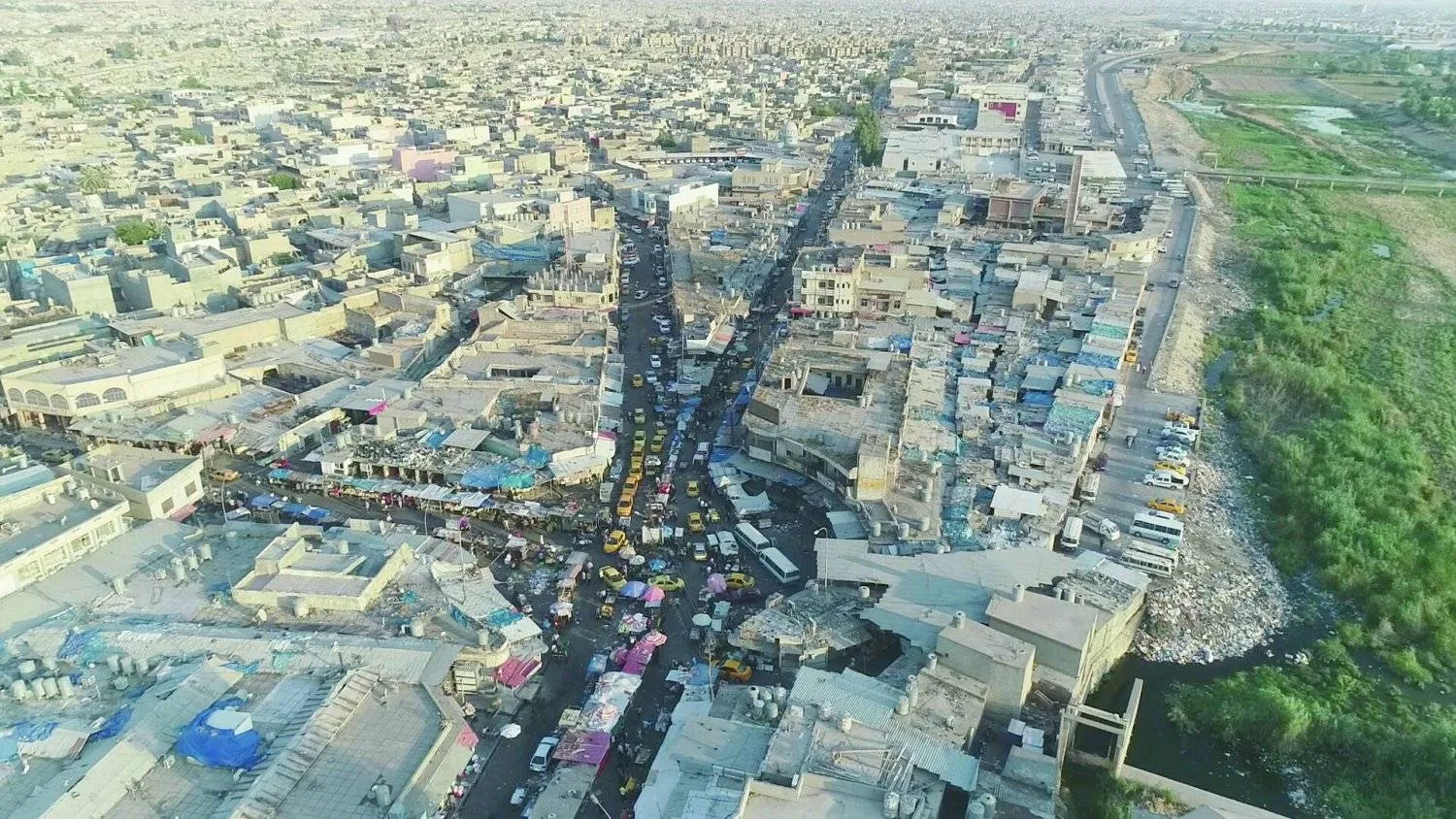Unidentified gunmen attacked the Kurdistan Democratic Party (KDP) office in Iraq’s Kirkuk early Saturday. The assailants fired light weapons at the building, but there were no injuries or significant damage, according to local security sources.
The attack occurred amid reports of KDP leader Masoud Barzani allegedly negotiating with Arab and Turkmen groups to resolve issues around the local government and the governorship.
However, a senior Kurdish official denied these claims, telling Asharq Al-Awsat that Barzani is currently out of the country and has not met with any Kirkuk council members.
Police responded to the attack, launched an investigation, and released descriptions of the suspects, who fled the scene.
The KDP office has been a point of contention in Kirkuk.
Last year, a dispute arose when the military demanded the building’s return, leading to clashes between party supporters and security forces, resulting in casualties, including a Peshmerga officer.
The situation was resolved in November when Barzani handed the building over to the University of Kirkuk for use by students and academics.
Kurdish researcher Kifah Mahmoud has raised concerns about possible hidden motives behind the ongoing stalemate in appointing a new leader for Kirkuk province.
“There are suspicions about who benefits from the provincial council’s inaction,” Mahmoud told Asharq Al-Awsat.
He noted a pattern in recent incidents, linking the attack on the KDP headquarters to fires in markets in Erbil, Kirkuk, and Dohuk.
“These incidents, including the KDP attack, happened late at night, suggesting they were coordinated,” Mahmoud said.
Mahmoud also mentioned that these events are causing regional tensions between Iraq, the Kurdistan region, and neighboring countries.
The identities of the attackers are still unknown, pending a review of security camera footage from a nearby construction site.
The KDP has long accused the Turkish Kurdistan Workers’ Party (PKK) of being behind various hostile acts, including attacks on the KDP and certain oil and gas companies in the region, especially in Kirkuk and Sulaymaniyah.
The PKK is also blamed for provoking Turkish military actions in Iraqi Kurdistan.
On Saturday, Marwan Jalal, the spokesperson for the KDP’s third branch in Kirkuk, said they had received information about a potential attack on their headquarters.
He described the incident as politically motivated, coinciding with the KDP’s efforts to bring together the province’s communities to form a new administration.









